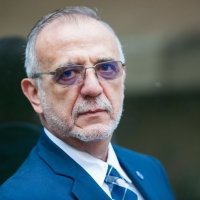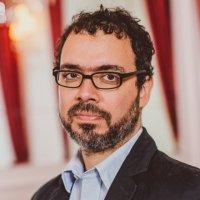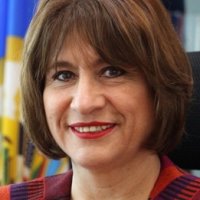Fighting Corruption and Strengthening Democracy: Lessons from Central America
The Biden administration has identified the fight against corruption as a cornerstone of U.S. efforts to address the root causes of migration from the “Northern Triangle” of Central America. What is the record of previous internationally-supported efforts to combat corruption and impunity in the region? What can be learned from key figures who have driven the anti-corruption efforts? How can fighting corruption and strengthening democratic institutions go hand-in-hand? Are there pre-conditions for successful efforts in countries with a long history of weak rule of law? The July dismissal of Guatemalan anti-corruption prosecutor Juan Francisco Sandoval, who headed the Special Prosecutor’s Office against Impunity (FECI), constitutes yet another serious setback in regional anti-corruption efforts.
Quotes
-
Gloria Patricia Porras
-
Iván Velásquez Gómez
-
Pedro Abramovay
-
Ana María Calderón
Speakers

Magistrate-Elect, Constitutional Court, Guatemala; Public Policy Fellow, Wilson Center



Moderator

Hosted By

Latin America Program
The Wilson Center’s prestigious Latin America Program provides non-partisan expertise to a broad community of decision makers in the United States and Latin America on critical policy issues facing the Hemisphere. The Program provides insightful and actionable research for policymakers, private sector leaders, journalists, and public intellectuals in the United States and Latin America. To bridge the gap between scholarship and policy action, it fosters new inquiry, sponsors high-level public and private meetings among multiple stakeholders, and explores policy options to improve outcomes for citizens throughout the Americas. Drawing on the Wilson Center’s strength as the nation’s key non-partisan policy forum, the Program serves as a trusted source of analysis and a vital point of contact between the worlds of scholarship and action. Read more
